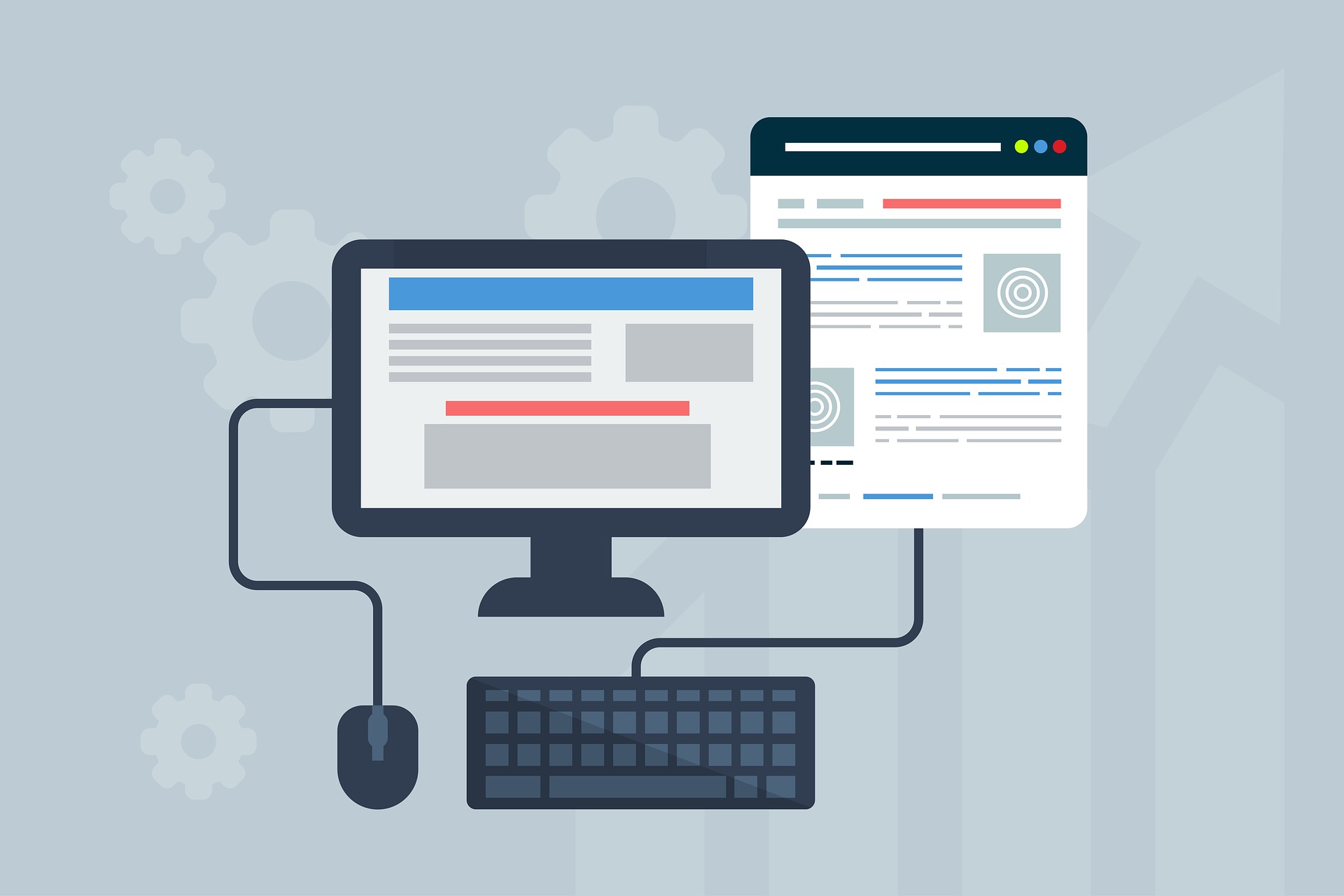Should You Rethink Your Website Setup? Key Moves for Online Success Every Business Should Know
Building a solid online presence doesn’t happen by accident. Whether you’re launching your first website or giving your digital footprint a much-needed refresh, success starts with getting the basics right—your domain name, your hosting setup, and your overall web strategy. Skip one step, and you could be dealing with confusing URLs, slow load times, or missed customer opportunities. But get it right, and your website becomes more than a page—it becomes your best salesperson. Let’s look at some important factors to keep in mind as you build your online biz.
A Good Domain Name Still Matters in 2025
In a world full of apps and algorithms, some people wonder if a domain name still makes that much of a difference. The answer is yes—and more than ever. A good domain name isn’t just a web address; it’s your brand’s handshake with the internet. It’s the first thing people type, see in search results, or notice on business cards and email signatures.
The right name can influence whether someone clicks through, remembers your site, or assumes you’re a credible business. A good domain name is short, easy to spell, and aligned with your brand. That doesn’t mean it has to be flashy or over designed—it just has to be something people can type without effort and trust without question.
Things to Know Before Choosing a Domain Registrar
Behind every domain name is a behind-the-scenes partner: the domain registrar. This is the service that helps you register your web address and keep control over it. Sounds straightforward—but not all registrars offer the same level of service, tools, or transparency.
The registrar you choose can affect how secure your domain is, how easily you can update records, and how smoothly you can transfer it if needed. This decision is about more than just cost. It’s about reliability, usability, and support. A solid domain registrar should make it easy to renew your domain, protect it from hijacking, and connect it to hosting or email services without giving you a headache.
This is especially important for growing businesses. You don’t want to be locked into a confusing platform with no support when it’s time to scale up, rebrand, or add new domains.
The Role Hosting Plays in Customer Experience
A beautiful website means nothing if it’s slow or constantly crashing. Hosting is the engine behind your site—it determines how fast pages load, how often your site stays online, and how secure your content is from outside threats. In short, your hosting setup plays a huge role in how customers experience your business online.
When customers visit your website, every second counts. A delay of even a few seconds can send them back to search results. That’s why your hosting provider should offer the kind of speed, uptime, and security that supports—not sabotages—your online experience.
The right hosting setup also helps with SEO, data protection, and scalability. As your business grows, your host should be able to handle more traffic without blinking.
Manage Your DNS Settings Properly
DNS, or Domain Name System, is like the phone book of the internet—it connects your domain name to the correct server so people can reach your site. If the settings aren’t configured correctly, your website won’t load, emails could bounce, or worse, users might be redirected somewhere they shouldn’t be.
While DNS might sound technical, managing it properly is a critical part of website setup. This is where a great domain registrar and host really shine, because they make those settings easy to access and adjust when needed. Whether you’re pointing your domain to a new host, setting up subdomains, or integrating with a third-party tool, DNS is the key behind the scenes.
Consider Email and Security Add-Ons
Your website is just one piece of your online identity. Most businesses also need email accounts that match their domain, and tools to secure everything from login pages to customer transactions. That’s where add-ons come in—features like branded email, SSL certificates, and automatic malware scanning.
A branded email address makes your company look professional and helps keep communications organized. SSL, meanwhile, encrypts information sent between your website and your visitors—a must-have if you’re collecting contact info, running a store, or offering login features.
Plan for Maintenance and Growth
Once your site is live, the job isn’t done. Websites require updates, patches, new content, and occasional redesigns. Planning for long-term maintenance can save you from major headaches down the road. If you don’t stay on top of updates, plugins can break, security can lapse, and your site can become more of a liability than an asset.
Make sure you know how content will be updated, who handles security patches, and what your strategy is for keeping things fresh. As your business changes, your website needs to keep up. You might add new services, expand into new markets, or start running online ads. Your setup should be flexible enough to support all of that.







